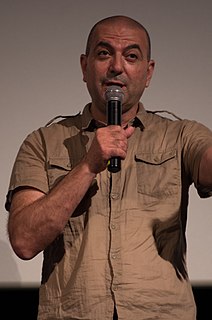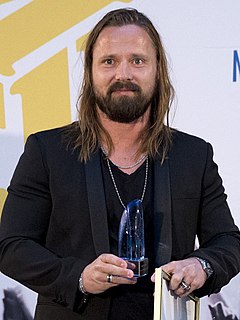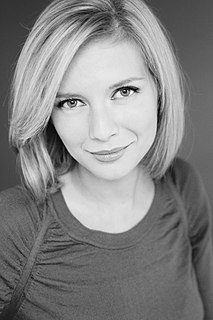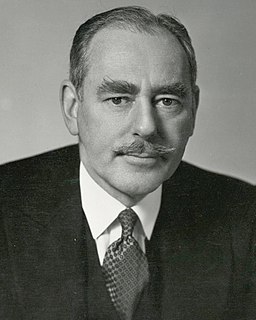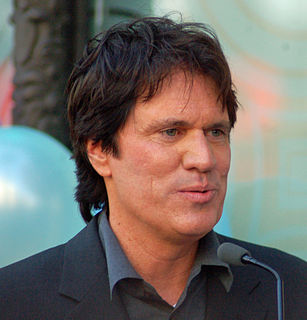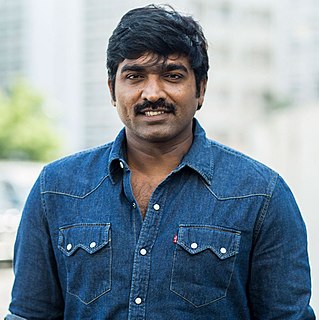A Quote by Hany Abu-Assad
The casting is very simple actually, but it is very important. You choose the best actor for the role, and you test them and you test them, and you bring them back, and you have to make sure the actors fit the roles.
Related Quotes
I believe that there is no test of greatness in periods, nations or men more sure than the development, among them or in them, of a noble grotesque, and no test of comparative smallness or limitation, of one kind or another, more sure than the absence of grotesque invention, or incapability of understanding it.
You sit men and women down and give them a maths test, and they will do fairly equally. Then you set up the same test, but with different people, and make them tick a box to say whether they are a man or a woman, and the women do significantly worse in the maths test than they did previously in a group set.
When you envy actors, only envy them for their good roles. Keep in mind they have to do a lot of roles to make a living, and not all of them are good. When they're doing a stupid role in a bad production, it's kind of a dumb thing to do when you're an adult. When you're doing a great role that's well-written, it's an enviable job.
When I auditioned actors I never make them act. I choose a long symphony, then I tell them to sit down and I play the symphony for them. Then I sit and I look at them. I always pick a piece of music that has up and downs, very dramatic parts, very quiet parts and really sensitive parts so that it can produce different emotions.
There's a generation of people that do fetishize books and do fetishize catalogues and do look at them as something important. The same thing with magazine culture: because magazines don't make the amount of money that they used to, it's become important again to another generation of people to actually read them. And it's very, very pinpointed to the select people that actually fetishize and go in and look at them.
My strategy is pretty straightforward, which is to go after the bad guys, to make sure we do our very best to interrupt them, to - to kill them, to take them out of the picture. But my strategy is broader than that. That's - that's important, of course. But the key that we're going to have to pursue is a - is a pathway to get the Muslim world to be able to reject extremism on its own.
I worked with creative people who were very demanding of me, and they helped me reach performances that I never could have gotten on my own without being pushed and having trust in them. And so I know the best way to get the best performance of an actor, and that's not to coddle them or to baby them. It's to help them; it's to push them.
